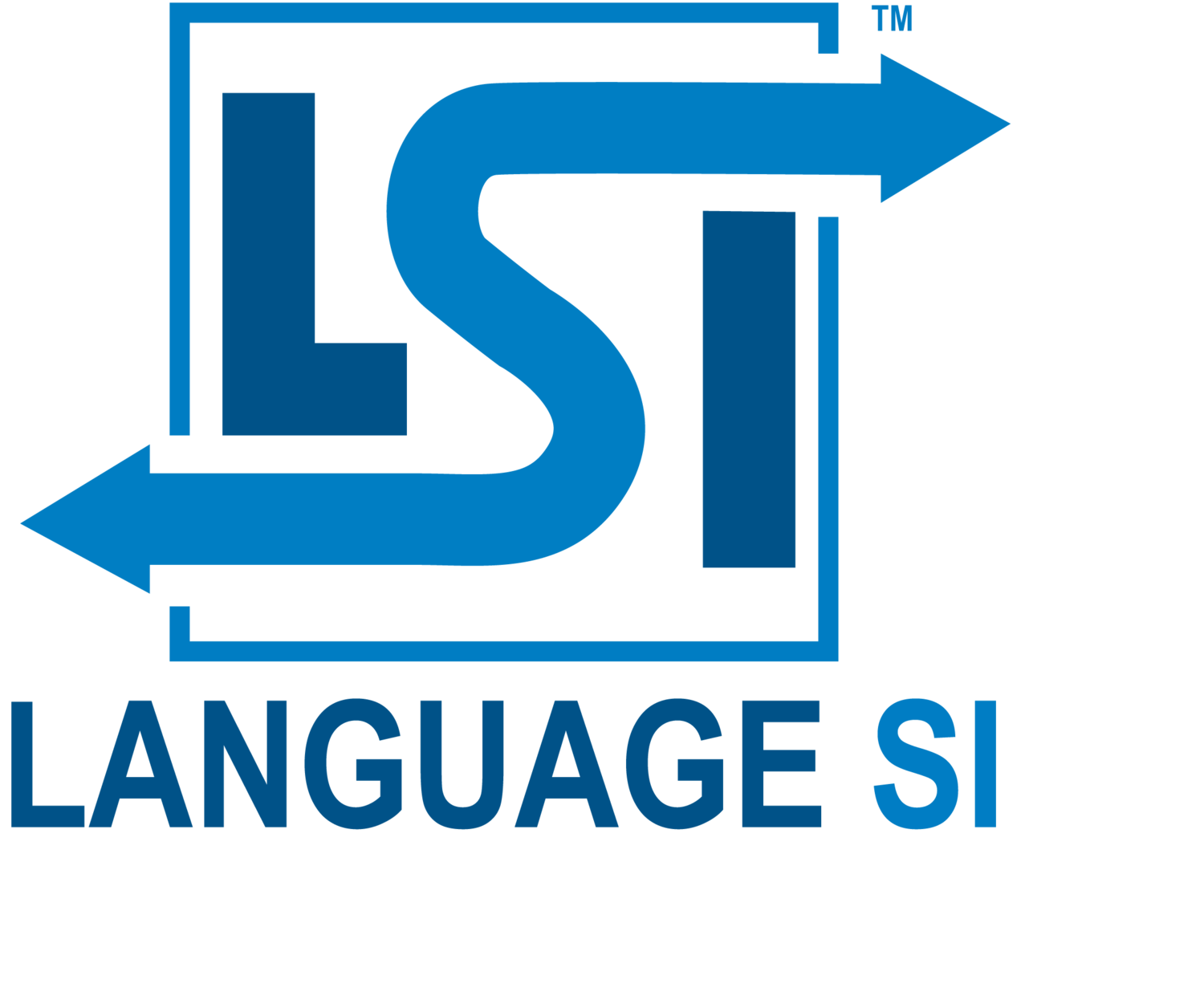The Cultural Imperative: Why Translation Companies Must Embrace Cultural Understanding
In our interconnected global landscape, businesses are reaching new heights by expanding their reach across borders. However, the key to successful communication in this diverse environment goes beyond mere linguistic proficiency. Translation companies play a pivotal role in bridging language gaps, but their effectiveness hinges on a deep understanding of cultures. In this blog, we explore why cultural understanding is imperative for translation companies and how it contributes to fostering effective communication in the global marketplace.
Preserving Nuances and Context:
Language is not merely a string of words; it is a reflection of a culture's nuances, values, and historical context. Translating text without considering these elements can lead to misunderstandings and misinterpretations. A culturally-aware translation company recognizes the importance of preserving these nuances, ensuring that the intended meaning is accurately conveyed across languages.
Avoiding Cultural Insensitivity:
Each culture comes with its own set of norms, taboos, and sensitivities. A translation that fails to take these into account may inadvertently offend or alienate the target audience. For instance, colors, symbols, and gestures may carry different meanings in various cultures. A culturally-aware translation company helps navigate these subtleties, ensuring that the translated content is not only accurate but also culturally sensitive.
Enhancing Brand Image:
In today's global marketplace, businesses aim to create a positive and inclusive brand image. An understanding of local cultures allows translation companies to adapt content in a way that resonates with the target audience. This not only fosters a sense of connection but also enhances the brand's reputation by demonstrating cultural competence.
Facilitating Effective Communication:
Effective communication goes beyond literal translation; it involves conveying the intended message in a way that resonates with the target audience. A culturally-aware translation company ensures that the translated content is not only linguistically accurate but also aligns with the cultural norms and expectations of the audience. This facilitates smoother communication and helps businesses build stronger connections with their global clientele.
Adapting to Regional Preferences:
Different regions may have distinct preferences in terms of communication style, tone, and formality. A translation company that understands these regional nuances can tailor content to suit the preferences of specific audiences. This adaptability is crucial for successful market penetration and customer engagement.
